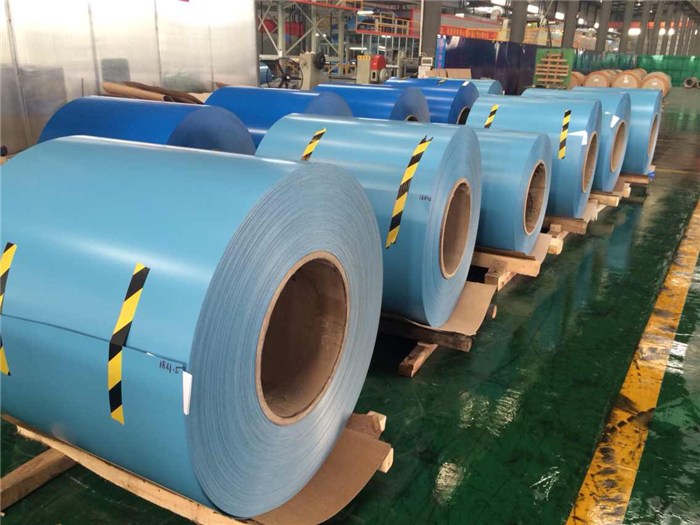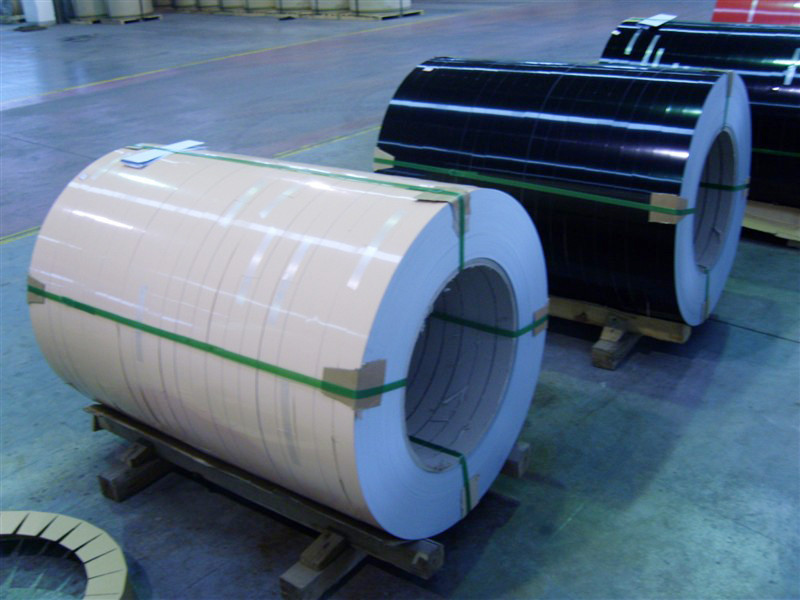Aluminum is a versatile and widely used material in various industries due to its lightweight, corrosion resistance, and excellent thermal conductivity. However, to enhance its durability and aesthetics, aluminum often requires coatings. Selecting the best coating for aluminum depends on several factors, including the intended application, environmental conditions, and desired properties. Let’s explore some of the factors to consider when choosing the best coating for aluminum.

耐食性
One of the primary reasons for coating aluminum is to protect it from corrosion, especially in harsh environments such as marine or industrial settings. Coatings such as anodizing, chromate conversion coating, or specialized polymer-based coatings offer excellent corrosion resistance and extend the lifespan of aluminum components.
Aesthetic Appeal
In architectural and decorative applications, the appearance of aluminum is crucial. Powder coating, which involves applying dry powder to the aluminum surface and curing it with heat, provides a durable and attractive finish with a wide range of colors and textures. Anodizing can also enhance the appearance of aluminum by creating a uniform oxide layer that can be dyed in various colors.
Wear and Abrasion Resistance
For aluminum components subjected to wear and abrasion, such as automotive parts or machinery, coatings with high wear resistance are essential to maintain their integrity and performance over time. Hard anodizing, ceramic coatings, or specialized polymer coatings reinforced with nanoparticles can provide excellent wear resistance and prolong the lifespan of aluminum parts.
Thermal and Electrical Properties
In applications where thermal or electrical conductivity is critical, such as heat sinks or electronic components, coatings must not significantly alter these properties. Thin, conductive coatings such as chemically deposited nickel or silver-based coatings can provide protection without compromising conductivity.
環境への配慮
When choosing a coating for aluminum, environmental factors such as exposure to UV radiation, humidity, or chemical exposure must be taken into account. UV-stable coatings, fluoropolymer coatings, or environmentally friendly water-based coatings can offer protection against environmental degradation while minimizing ecological impact.
Adhesion and Compatibility
The adhesion of the coating to the aluminum substrate is crucial for long-term performance. Proper surface preparation, including cleaning and etching, is essential to ensure good adhesion. Additionally, compatibility between the coating and aluminum substrate, as well as any other materials involved, must be considered to prevent delamination or chemical reactions.

Cost and Maintenance
Finally, the cost of the coating and its long-term maintenance requirements should be taken into consideration. While high-performance coatings may have a higher upfront cost, they can offer significant savings over time by reducing maintenance and replacement costs.
In conclusion, choosing the best coating for aluminum involves considering various factors such as corrosion resistance, aesthetic appeal, wear resistance, thermal and electrical properties, environmental considerations, adhesion, compatibility, cost, and maintenance requirements. By carefully evaluating these factors and selecting the most suitable coating for the specific application, the durability, performance, and appearance of aluminum components can be enhanced effectively.


